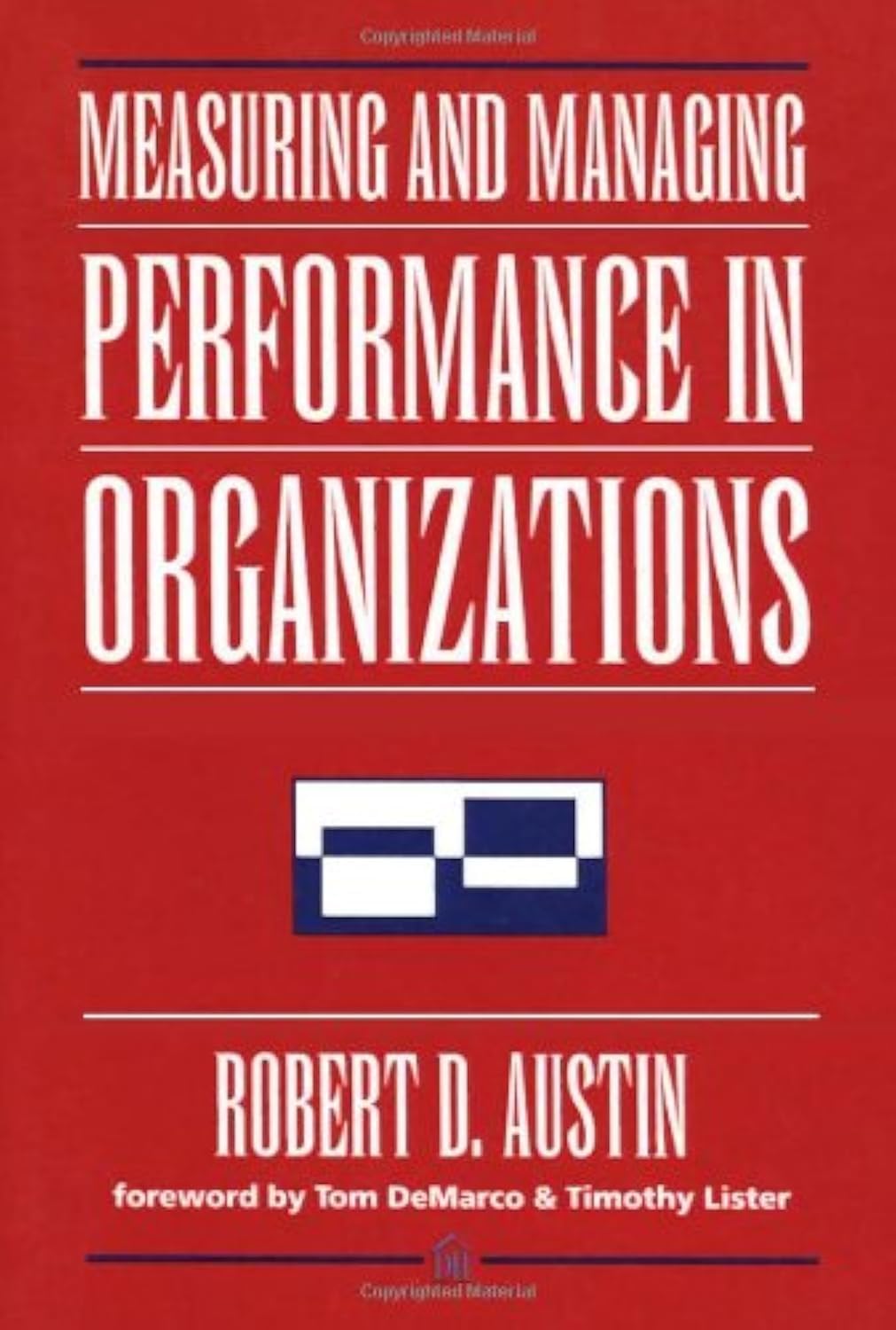Found in 2 comments on Hacker News
andersonvieira · 2013-08-11
· Original
thread
I recommend reading http://www.amazon.com/Measuring-Managing-Performance-Organiz... for an analysis of how motivation systems based on measurements often become dysfunctional.
Dysfunction may arise when you are unable to measure all the relevant dimensions of the work being performed. People will often shift their effort to the dimensions that are being measured and ignore the remaining tasks, no matter how important they are. This results in less value being delivered compared to a scenario with no measurement based incentives.
The author mentions software development as an area that is specially prone to dysfunction.


https://www.amazon.com/gp/product/0932633366
It talks about the different between informative and motivational metrics - the former being just for awareness while the latter being intended as explicit targets for employees. While it's easy to bleed the former into the latter, there's nothing inherently wrong with measuring game-able statistics as long as the incentive to muck with them is minimized. Easier said than done, but not impossible.
The article is pretty dismissive of story counting, which is a semi-popular approach to estimation:
https://martinfowler.com/bliki/StoryCounting.html
(Anecdotally, we had someone look at our teams' previous sprints and found that # stories / sprint was more consistent than points per sprint over the time frame they reviewed. YMMV.)
The focus on velocity-related metrics seems smart - Git Prime did some analysis on this and found that frequency of commits was a useful measure:
https://blog.gitprime.com/prolific-engineers-take-small-bite...
I don't see how these are any less game-able than klocs though.